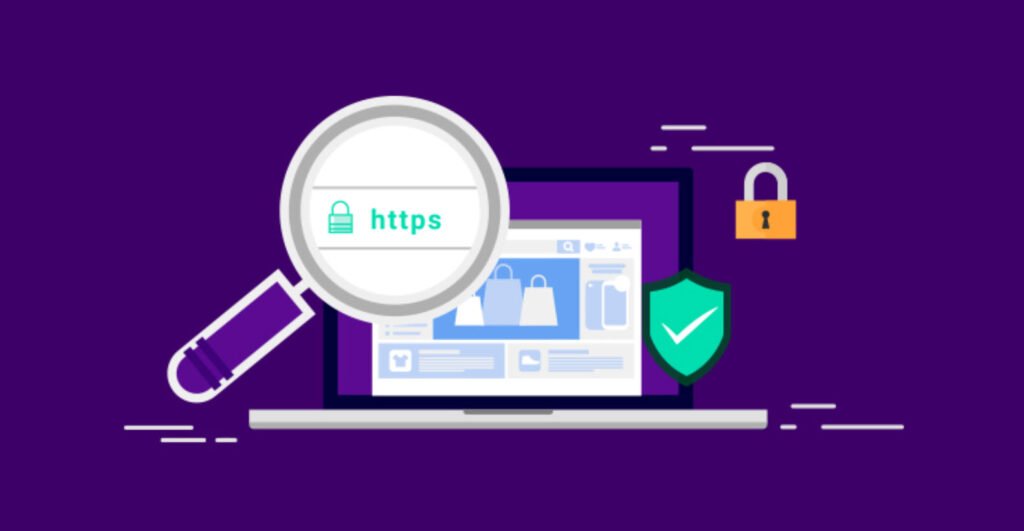In today’s digital age, securing your website is paramount. With cyber threats constantly evolving, implementing robust security measures is essential to protect your users’ data and maintain trust in your online presence. One crucial aspect of web security is the use of SSL (Secure Sockets Layer) technology.
SSL certificates encrypt data transmitted between a web server and a user’s browser, ensuring that sensitive information remains confidential. To effectively manage and optimize SSL security, here are some essential SSL tools every website owner should utilize:
1. SSL Labs
SSL Labs provides a comprehensive analysis of SSL/TLS configurations for any publicly accessible web server. It evaluates the server’s security posture, cipher suites, and protocols. Use it to identify vulnerabilities and improve your SSL setup.
2. Strong SSL Security on Nginx
This tutorial by Raymii guides you through configuring strong SSL security settings specifically for Nginx. It covers aspects like cipher suites, key exchange algorithms, and perfect forward secrecy (PFS).
3. Weak Diffie-Hellman and the Logjam Attack
Learn about the risks associated with weak Diffie-Hellman (DH) parameters and the Logjam attack. The site provides insights into DH key exchange vulnerabilities and offers recommendations for mitigation.
4. Let’s Encrypt
Let’s Encrypt is a revolutionary Certificate Authority (CA) that provides free, automated SSL certificates. It simplifies the process of securing your websites with HTTPS. Explore their documentation and get started with automated certificate issuance.
5. Heartbleed Checker
Heartbleed (CVE-2014-0160) was a critical vulnerability affecting OpenSSL. Use this tool to check if your server is vulnerable to Heartbleed. If it is, take immediate action to patch and update OpenSSL.
6. testssl.sh
testssl.sh is a powerful command-line tool that assesses a website’s TLS/SSL configuration. It checks for vulnerabilities, weak ciphers, and cryptographic flaws. Run it against your server to ensure robust security.
Remember that maintaining strong SSL security is crucial for protecting sensitive data and maintaining user trust. Regularly audit your SSL setup using these tools to stay ahead of potential threats.




Pingback: Top 100 Cyber Threats You Need To Know - Tech Hyme
Pingback: Top 19+ Technical SEO Checklist for 2024 - Tech Hyme
Pingback: Top 21 Nikto Commands for Web Vulnerability Scanning - Tech Hyme